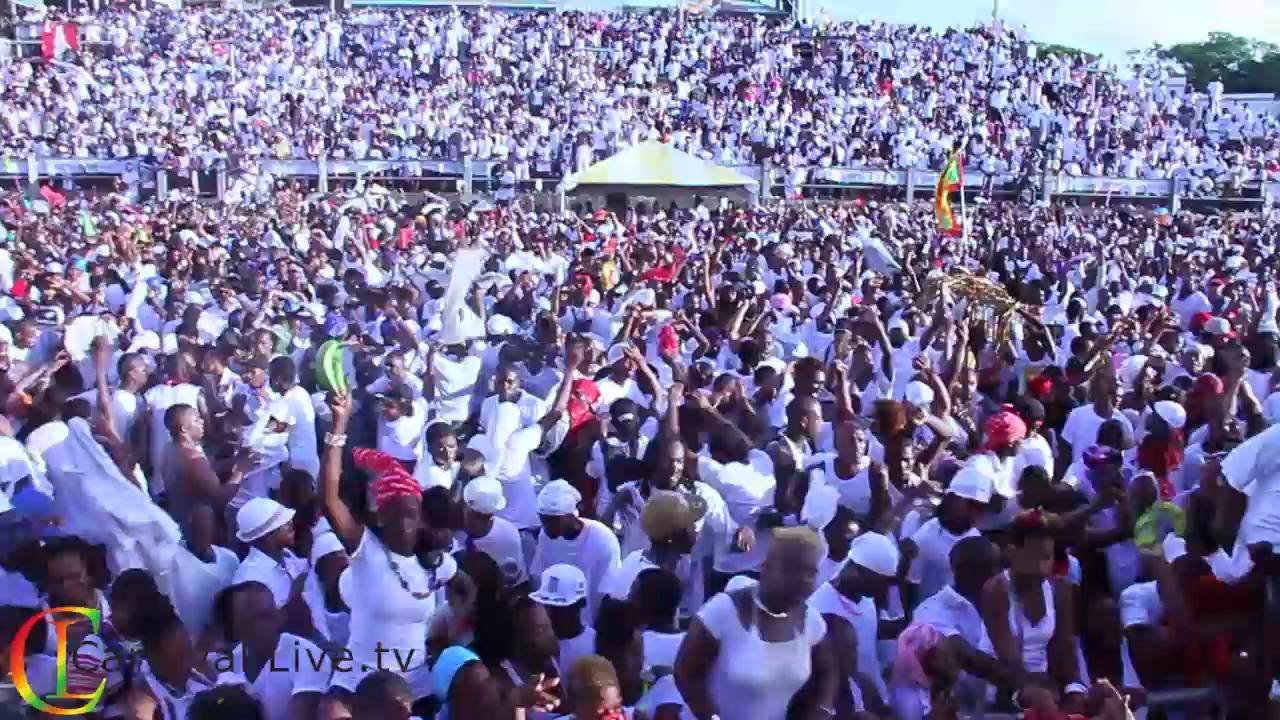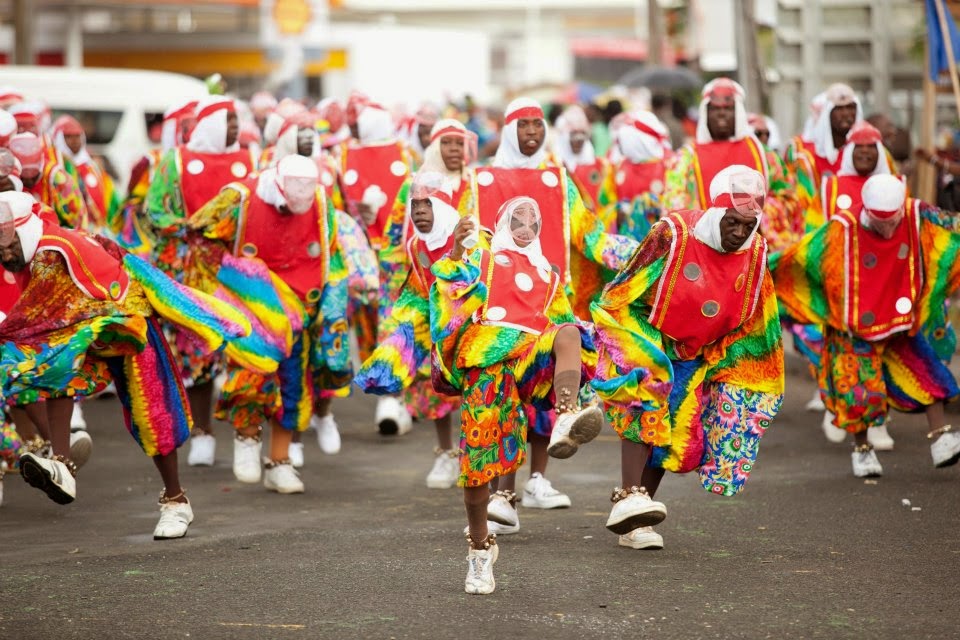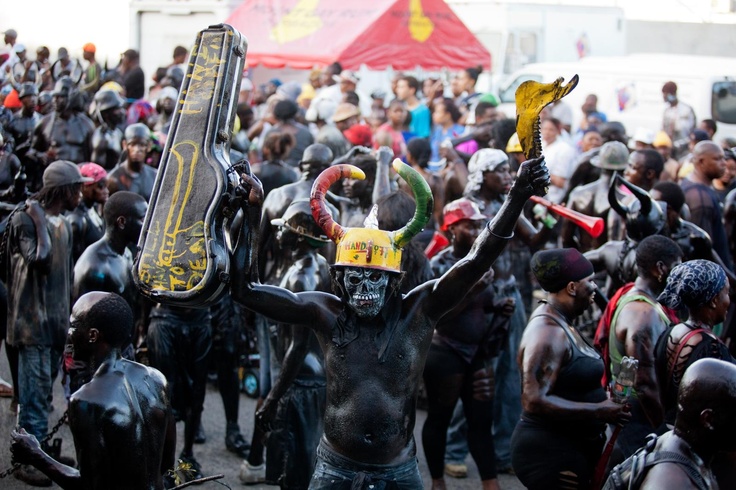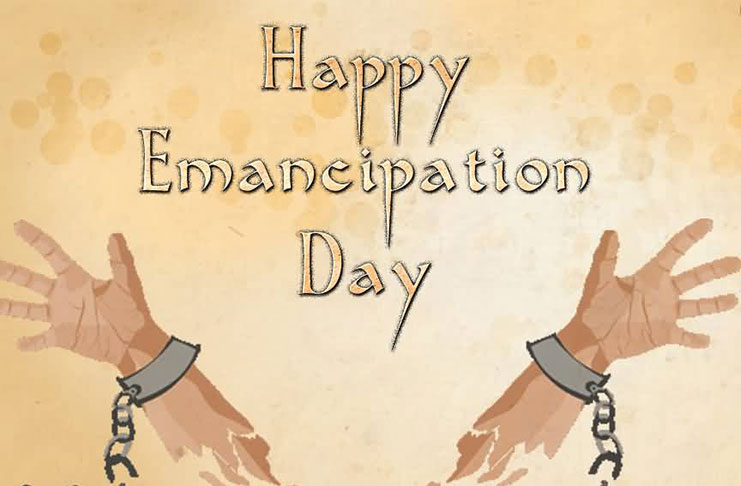|
Getting your Trinity Audio player ready...
|
Reading Time 4 mins
“If You Don’t Tell Your Story, Someone Else Will” (unknown).
The first week of August is celebrated as Emancipation Day in much of the Caribbean, testament to our common history of bondage and continuing common quest for liberation. In Grenada, the holiday takes the form of cultural activities and a national address.
Emancipation Day celebrations are situated in the midst of the carnival festivities in Grenada. Far from a mutual distraction, it is a fitting reminder that our expressive culture, calypso, carnival, and our big drum culture, are our liberated voice.

Grenada Carnival celebrations, aka Spice Mas
Emancipation is the most important event in the history of Grenada and the Caribbean. Yet, how many of us are aware of what Emancipation Day really means?
In many accounts of the process of abolition of the Slave Trade and of the abolition of slavery itself, we are told that the process began when a bill from the British Parliament went into effect calling for ‘The Total and Immediate Abolition of the Slave Trade’. We hear little about the role of Africans themselves who propelled the process of their own liberation along the way towards the abolition of this horrible enterprise.
In fact, though the legislative fights were critical, it was the enslaved on the plantations in such places like Bacolet and Palmiste that put themselves on the course to their own freedom. It can be reasonably argued that the fight for emancipation began immediately when slavery began because of the quintessential humanity of enslaved African on the one hand and the inhumanity of slavery on the other.
Grenada’s Fedon rebellion (1795-96) under the leadership of Julien Fedon and his disciples struck the most consequential blow to Grenadian slavery, taking almost total control of Grenada and striking fear in the enslavers. Although eventually brutally suppressed by the British, the Fedon Rebellion remained a constant reminder of the Grenadian self-determination until abolition. It is important that we keep foremost in our consciousness that enslaved Africans were the principal agents of abolition. 
There were many slave-led revolts throughout the Caribbean, some documented and some were not; some overt some covert. In Grenada, these resistance took many forms – ranging from simple acts of defiance to the thousands of enslaved that organized and joined such strikes. Others used literary weapons, such as Ottobah Cugoano, aka John Stuart (c. 1757 – after 1791).
Cugoano has been characterized as the ‘invisible man’ of the eighteenth century because of the credit he deserves for his key role in helping build the case for emancipation, socially and politically. Kidnapped from West Africa and shipped to Grenada in 1770, Cugano was again sold to a slave master who took him to England. Self-educated, he became a leader of the black poor of London. Cugoano documented the horror of his lived experience of Grenadian slavery in Thoughts and Sentiments on the Evil and Wicked Traffic of the Slavery and Commerce of the Human Species (1787), a stirring appeal for abolition.

Jab Jab, an expression of liberation
While emancipation took effect with the 1807 act, enslaved Africans were still held, though not as often legally sold, within the British Empire. Two major Caribbean events hastened the pace of emancipation, the Haitian Revolution of 1804, which birthed the first post-slavery independent black republic and the Sam Sharpe Christmas Rebellion in Jamaica in 1831, which was arguably the death knell of the British Caribbean slavery.
In the 1820s, the abolitionist movement became invigorated, this time campaigning against the institution of slavery itself. In 1823 the first Anti-Slavery Society was founded in Britain. Many of the campaigners were those who had previously campaigned against the slave trade. On 28 August 1833, the Slavery Abolition Act was given Royal Assent, which paved the way for the abolition of slavery within the British Empire and its colonies.
On 1 August 1834, all enslaved in the British Empire were emancipated. Yet the former enslaved were to be indentured to their former owners in an apprenticeship system which was abolished in two stages: the first set of apprenticeships came to an end on 1 August 1838, while the final apprenticeships were scheduled to cease on 1 August 1840, six years later.
The growing appreciation of the significance of Emancipation Day among Grenadians and in the wider Caribbean is a welcomed development in our national consciousness. But we need to do more to foster an appreciation of the meaning of Emancipation among our people. We also need to create opportunities for Emancipation to serve as a realm of historical memory.
 Not forgetting is also an opportunity to create opportunities that could serve as counter-narratives to the legacies of slavery – for example by creating a more humane civilization, providing better education opportunities, making available better healthcare delivery systems, protecting women’s rights, better protecting our children, etc. Enhancing human rights is the best means of fighting against the legacy of slavery. A salient feature of slavery was denial of fundamental rights. Some of these consequences were that enslaved Africans were forbidden to learn to read or write, were denied adequate housing, healthcare, etc. Therefore, the greatest action living descendants can take on the behalf of our ancestors is taking legislative action that can directly improve working condition of Caribbean people, considering that slavery was fundamentally the exploitation of the labor of millions of Africans for four centuries. To this end, the issue of reparations to the people of the region from the United Kingdom and other European countries which benefited from slavery should be a priority of every Caribbean government and leader.
Not forgetting is also an opportunity to create opportunities that could serve as counter-narratives to the legacies of slavery – for example by creating a more humane civilization, providing better education opportunities, making available better healthcare delivery systems, protecting women’s rights, better protecting our children, etc. Enhancing human rights is the best means of fighting against the legacy of slavery. A salient feature of slavery was denial of fundamental rights. Some of these consequences were that enslaved Africans were forbidden to learn to read or write, were denied adequate housing, healthcare, etc. Therefore, the greatest action living descendants can take on the behalf of our ancestors is taking legislative action that can directly improve working condition of Caribbean people, considering that slavery was fundamentally the exploitation of the labor of millions of Africans for four centuries. To this end, the issue of reparations to the people of the region from the United Kingdom and other European countries which benefited from slavery should be a priority of every Caribbean government and leader.
08/01/2018

